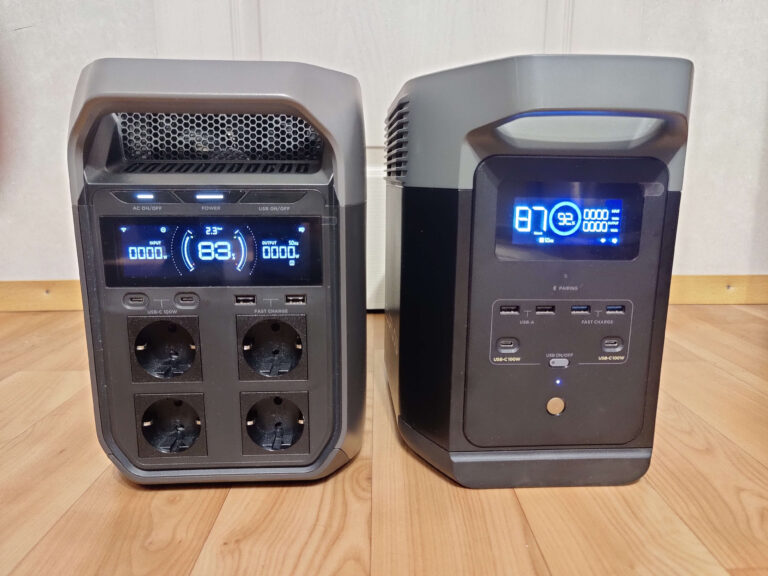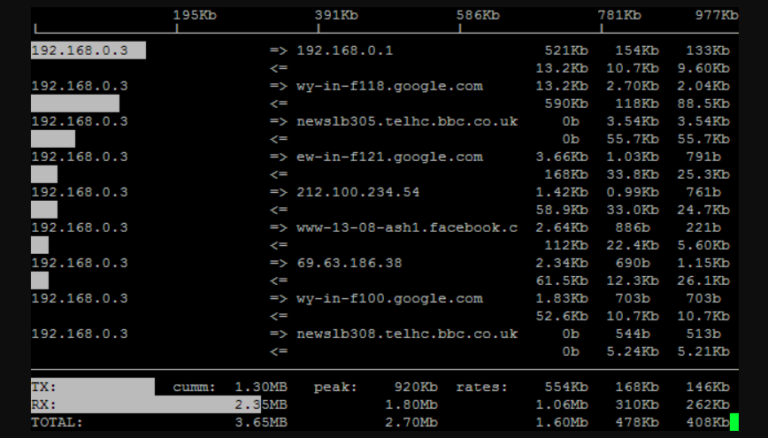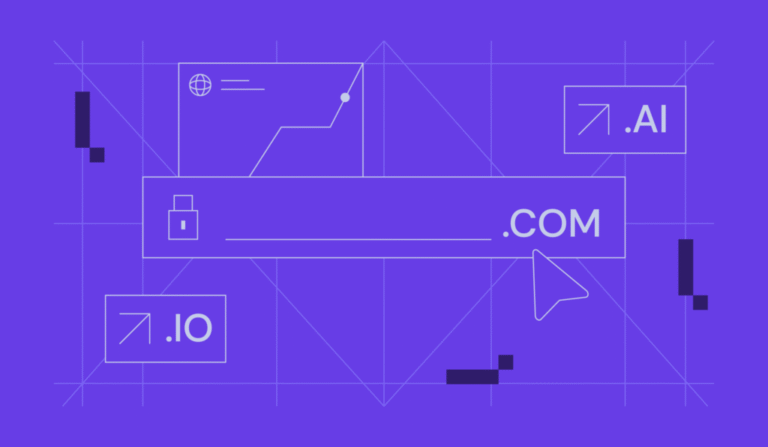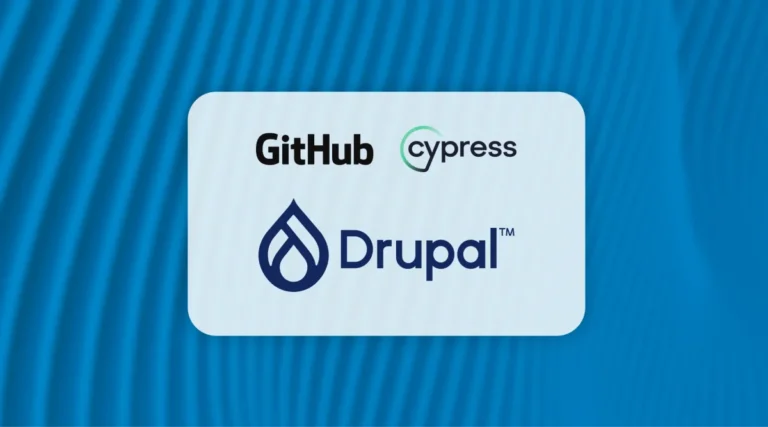
What role does continuous skill assessment play in Asteri’s strategy, and how does it differ from traditional annual reviews and manual assessments?
In what ways does Asteri’s platform provide AI-driven insights into workforce skills to help companies adapt to rapidly changing market demands?
By leveraging advanced technology, Asteri provides real-time, unbiased assessments of skill quality, promoting equitable career growth and skill development based on genuine abilities. This approach eliminates biases inherent in traditional methods, ensuring that employees are evaluated fairly based on their actual work and skills. As a result, employees can see where they need to improve for any position they are interested in, fostering transparency and fairness in career progression.
What sectors do you see as the most promising for AI-driven job growth, and how can Asteri help workers transition into these areas?
Ethical concerns related to AI deployment in the workplace include bias in skill assessment, data quality issues, and the potential for unfair career growth opportunities. Traditional skill assessment methods like assessment centers, surveys, and manual inputs are resource-intensive and often yield incomplete or outdated data, making it difficult for organizations to manage their workforce’s skills effectively.
Continuous skill assessment is crucial as it offers a dynamic view of an employee’s skill development over time. Asteri enhances this process by making it more convenient and timely. As new reviews and assessments are completed, they are instantly integrated into the platform, updating the employee’s skills accordingly. Additionally, work documents, L&D completions, project outcomes, and other relevant documents are ingested into the system, contributing to a comprehensive and accurate picture of an employee’s skill proficiency and quality.
By Randy Ferguson
Asteri can help workers in any industry, but the most promising sectors are those with rapidly developing technologies and highly competitive industries. These are areas where companies often face shortages of skilled workers in critical areas and where rapid advancements by competitors can significantly impact market share. Asteri plays a crucial role in rapidly and efficiently upskilling workers to meet both current and future needs.
Asteri addresses these concerns by using a proprietary AI engine trained on extensive, continually updated skill data. This ensures accurate skill extraction and inference. Our multi-dimensional, multilingual temporal knowledge graph captures complex skill relationships and their evolution, forming a comprehensive skills taxonomy.
Looking ahead, what are your predictions for the future of AI in workforce management, and how is Asteri positioning itself to lead in this space?
Asteri’s AI-powered platform helps companies understand and measure evolving skills through tech-driven assessment techniques. Our discussion will focus on the importance of transparent, AI-driven systems that ensure all employees are measured uniformly, free from biases.
Take, for instance, the life sciences sector, specifically biotechnology, as a prime example of an industry profoundly disrupted by AI. AI is revolutionizing drug development processes within biotech, promising accelerated discovery, formulation, and testing of new pharmaceuticals. As AI transforms this field, Asteri focuses on guiding enterprise leaders to harness AI’s potential in research and development, facilitating the adoption of AI-driven strategies that optimize operations and innovate new business models. This proactive approach helps companies navigate evolving landscapes by making informed decisions on skill development and strategic investments in AI technologies.
What are the primary ethical concerns related to AI deployment in the workplace, and how does Asteri ensure these are adequately addressed?
Asteri’s AI-driven approach mitigates resource intensity and bias in traditional skill assessment methods through several key mechanisms. Our AI technology automates the skill assessment process, significantly reducing the time and resources required compared to manual methods like assessment centers or surveys. This efficiency allows for real-time updates and insights into employee skills.
We leverage a diverse array of data sources, analyzing the digital footprint of employee work including HRIS systems (such as Workday, TriNet), GitHub, Jira, L&D vendors (like Udemy), email platforms (such as Microsoft Outlook, Google Workspace), project management tools (like Asana, Trello), and customer relationship management systems (CRM) (such as Salesforce, HubSpot). By examining these objective data points, our platform provides a comprehensive and unbiased view of each employee’s skills and capabilities.
What are the key features of Asteri.Mind, Asteri.Scope, and Asteri.Prism that distinguishes the technology from other workforce management solutions in the market?
How is Asteri preparing companies to navigate significant workforce disruptions caused by AI advancements?
AI is a significant disruptor, affecting all levels of the organization, from employees to the C-Suite, who are asking how to benefit from AI, what the competition is doing, how to improve personally, and whether AI will replace their jobs. Asteri AI helps answer these questions and solve related problems by engaging the workforce to identify gaps between current and needed skills. We uncover emerging skills and create opportunities for workforce development, fostering better alignment between employees and leadership to ensure a future-ready workforce.
How does Asteri’s AI-driven approach mitigate the issues of resource intensity and bias as seen in traditional skill assessment methods?
Asteri.Prism: Skill Inference AI: AI-based skill inference technology that extracts customer-specific skills knowledge from customer workforce data using the Asteri.Scope knowledge graph
How does Asteri’s solution address the challenges of balanced AI integration alongside upskilling and reskilling initiatives?
Asteri’s platform provides real-time assessment of market situations and company skills using AI, bringing actionable insights to decision-makers. Our technology measures skills quantitatively with less bias, offering up-to-date views of the company’s skillset as it evolves. The platform constantly updates with new evidence of emerging, obsolete, and developing skills, enabling companies to align their workforce with strategic needs. This approach prepares employees for the future, benefiting both the individuals and the organization.
Looking ahead, the future of AI in workforce management lies in its ability to efficiently process vast amounts of data. Asteri is committed to equipping enterprise leaders with actionable workforce skills data. We believe that Asteri’s solution will become a must-have product in the enterprise landscape, much like how Salesforce transformed customer relationship management. As we move towards an AI-driven future, understanding the collaboration between machines and humans becomes crucial. It’s essential to discern which tasks and skills can be effectively outsourced or delegated to AI, and which need to remain within human capabilities. By leveraging AI to enhance employee skill development and align it with organizational goals, Asteri empowers companies to navigate these complexities and optimize workforce performance effectively.
The AI revolution in the workplace is an unstoppable force, and the best approach is to embrace and benefit from it by thinking ahead. Asteri AI technology helps companies predict workforce evolution and identify upcoming skill-related challenges
Asteri AI prepares organizations to navigate significant workforce disruptions caused by AI advancements by collaborating with enterprise leaders to initiate strategic conversations. We start by understanding the long-term company strategy and conducting a workforce gap analysis to set a baseline. This helps identify critical skill deficiencies and informs L&D investment decisions, ensuring leaders know where to allocate resources for effective skill development.
Asteri.Mind: Foundational Skills AI: AI engine that constructs and continuously updates the Asteri.Scope knowledge graph about workforces by leveraging unstructured data across industries
With many workers already experiencing job displacement due to AI, what strategies does Asteri recommend to companies to minimize further disruptions?
Overall, Asteri’s AI-driven approach streamlines skill assessment processes, enhances accuracy, and promotes fairness in evaluating employee skills. This empowers organizations to make informed decisions about talent development and strategic workforce planning, enabling them to remain agile and competitive in their respective industries.
Asteri.Scope: Knowledge Graph: Multidimensional temporal knowledge graph that encompasses the world’s knowledge about workforces: skills, job titles, org structures, industry data, and their complex relations to each other






